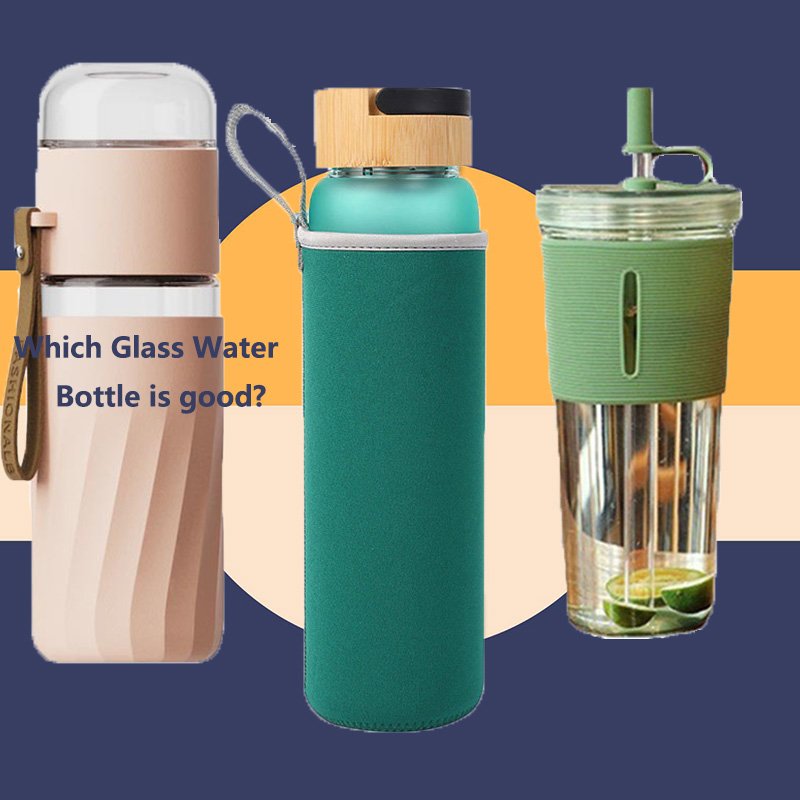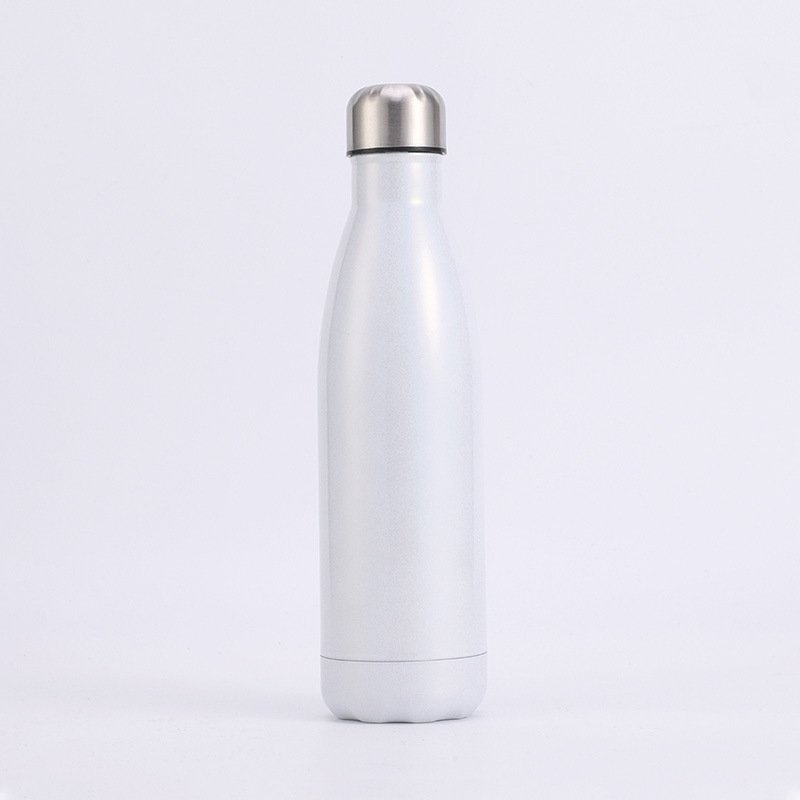The Importance of Eco-Friendly Packaging
In an era increasingly characterized by environmental awareness, the significance of eco-friendly packaging cannot be overstated. Traditional packaging materials, particularly plastics, have detrimental effects on the environment. They contribute to pollution, waste accumulation, and an ever-growing carbon footprint. Conventional packaging often ends up in landfills or oceans, posing severe threats to wildlife and ecosystems. This pressing environmental issue has prompted consumers to seek out sustainable alternatives, effectively changing the dynamics of the market.
As a result, businesses are recognizing the necessity of transitioning to eco-friendly packaging solutions. The demand for products such as custom bottles made from recycled materials is surging. Consumers are more informed and concerned about their purchasing decisions. They favor companies that demonstrate a commitment to sustainability and ethical practices. This shift in consumer behavior is compelling brands to adopt packaging that minimizes environmental impact. Eco-friendly options, such as biodegradable or reusable bottles, serve as attractive alternatives to traditional packaging methods, meeting both ethical obligations and market demand.
Furthermore, adopting eco-friendly packaging practices reflects positively on a brand’s reputation. Companies that prioritize sustainability not only fulfill their ethical responsibilities but also enhance consumer loyalty. By investing in custom eco-friendly bottles through wholesale channels, businesses can effectively reduce costs while also supporting sustainable practices. This multi-faceted approach ultimately appeals to a broader audience, satisfying both environmental goals and economic demands. For any brand looking to thrive in today’s competitive marketplace, committing to eco-friendly packaging is not just advisable; it is essential for long-term success and sustainability.
Benefits of Custom Bottles for Branding
Utilizing custom bottles as a branding tool offers numerous advantages to businesses seeking to enhance their market presence. By investing in personalized packaging, brands can create a unique identity that resonates with consumers, leading to improved brand recognition. One key factor in this process is the design options available—organizations can choose from various shapes, sizes, materials, and colors that align with their brand image and values. With the shift toward sustainability, selecting eco-friendly materials for custom bottles not only attracts environmentally conscious consumers but also communicates the brand’s commitment to responsible practices.
The aesthetic appeal of packaging plays a crucial role in consumer decision-making. Custom bottles designed with attention to detail can capture the consumer’s attention on shelves, making them more likely to choose your product over competitors. Whether it is through eye-catching graphics, elegant labeling, or distinctive shapes, custom bottles offer a canvas for creativity that helps brands stand out. Additionally, well-designed packaging creates an emotional connection with customers, which is essential for building lasting loyalty.
Moreover, custom labeling provides an opportunity for brands to share their values directly with consumers. Through clear messaging and visually appealing designs, brands can communicate their dedication to sustainability, quality, and innovation. As more consumers prioritize eco-friendly choices in their purchasing decisions, displaying a commitment to these principles through custom bottles will elevate the brand’s position in a competitive marketplace. Thus, custom bottles serve not merely as functional containers, but as powerful tools for promoting a brand’s identity and fostering stronger connections with its audience.
Cost-Effectiveness of Buying Wholesale
One of the most compelling advantages of purchasing custom eco-friendly bottles in bulk is the significant cost savings associated with wholesale buying. When businesses opt for wholesale bottles, they benefit from lower prices per unit compared to purchasing in smaller quantities. This price reduction often occurs because manufacturers offer discounts for larger orders, thus enabling businesses to harness economies of scale. As these savings accumulate, they can be redirected towards enhancing operational efficiency or further investments in sustainable practices.
Furthermore, buying wholesale allows companies to maintain higher profit margins. By lowering the cost of goods sold through bulk procurement, businesses can afford to set competitive prices in the market without compromising on quality. This is crucial in an environment where consumer preference is increasingly leaning towards sustainable products. Customers often seek eco-friendly options like custom bottles, making the ability to offer them at a competitive price point a vital competitive advantage for retailers.
Moreover, investing in custom eco-friendly bottles can yield long-term financial benefits that transcend the immediate savings on purchase costs. For instance, using sustainable products typically leads to reduced waste management expenses. Companies that prioritize eco-friendly packaging may avoid the costs associated with landfill fees and disposal systems for traditional packaging materials. This shift not only aligns with environmentally responsible practices but also positions businesses favorably against regulatory pressures to adopt greener strategies.
In essence, the financial implications of buying custom bottles wholesale are substantial. From immediate cost reductions to ongoing savings from waste management and disposal, businesses can achieve sustainability while also securing their profitability in a competitive marketplace. Thus, the decision to invest in wholesale custom bottles is not merely a transaction, but a strategic move towards a more sustainable and cost-effective future.
Choosing the Right Supplier for Custom Eco-Friendly Bottles
When it comes to selecting a supplier for custom eco-friendly bottles, the importance of a reputable partner cannot be overstated. As businesses increasingly prioritize sustainability, finding a supplier who shares those values is crucial. Start by researching suppliers that demonstrate a clear commitment to eco-friendly practices. This can often be assessed through their sustainability certifications, production practices, and the list of materials they utilize in their products. Eco-friendly materials such as recycled plastics, glass, or biodegradable substances should be prioritized, as they significantly contribute to reducing your carbon footprint.
Another critical factor is the variety of materials and product options the supplier offers. A diverse selection not only allows for flexibility in design but also ensures that you can choose the most appropriate material that aligns with your brand’s sustainability goals. For businesses requiring specific features—such as insulation properties or custom designs—verify that your chosen supplier can accommodate these needs without compromising their commitment to eco-friendliness.
Quality assurance should also rank high on your list of priorities. Ensure that the supplier conducts rigorous quality control measures to meet industry standards. High-quality custom bottles are essential not only for the aesthetic appeal but also for functionality and durability. Poor quality can lead to increased waste, undermining your sustainable initiatives.
Furthermore, customer service plays an important role in the supplier selection process. A reliable supplier should be responsive, knowledgeable, and ready to guide you through the customization process. This will ensure that any questions are promptly addressed and that you receive support throughout your partnership.
By carefully evaluating potential suppliers based on these criteria, you can make informed decisions that align with your business goals while contributing to the broader sustainability movement. Choosing the right supplier for custom eco-friendly bottles ultimately sets the foundation for your commitment to sustainable packaging.



**mind vault**
mind vault is a premium cognitive support formula created for adults 45+. It’s thoughtfully designed to help maintain clear thinking
QQ22game? Never heard of it, but I’m always open to new gaming experiences. Fingers crossed it’s a good one! Gonna dive in to qq22game right now!
Thông tin cá nhân của người chơi được bảo mật với bất kỳ bên thứ ba nào khi không có sự đồng ý của bạn. xn88 là gì Mọi dữ liệu người dùng cung cấp khi đăng ký tài khoản hoặc thực hiện giao dịch đều được lưu trữ an toàn chỉ được sử dụng cho mục đích duy nhất là phục vụ khách hàng tốt hơn. TONY12-19
Hey! 888vi22vip is my go-to spot lately. It’s got a slick look and I’ve had some good luck there. Definitely worth checking out if you’re looking for a new place to play. Give 888vi22vip a try.